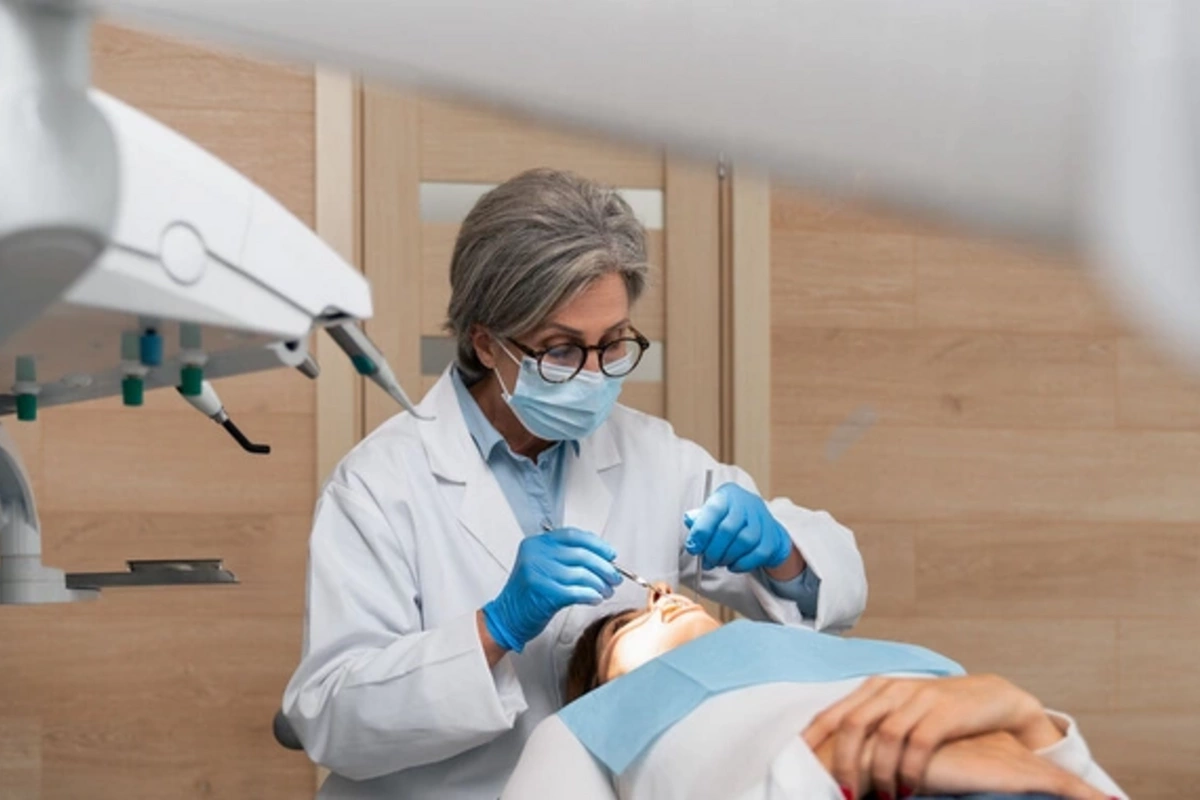12 Jul , 12:06 2025
3

Dangerous Anesthesia: Why Dental Procedures Without an Anesthesiologist Can Lead to Tragedy
Tragic fatal incidents occurred in Krasnoyarsk and Moscow region: a seven-year-old and a four-year-old boy died during dental treatment under general anesthesia. In Krasnoyarsk, the anesthesiologist is already being held accountable, while in the Odintsovo clinic, the child died due to pulmonary edema.
"The choice of anesthesia must strictly correspond to the scope of intervention, the patient's condition, and the presence of comorbidities. Before the appointment, the patient must fill out a special questionnaire indicating all comorbidities and drug intolerances. When conducting intravenous anesthesia or general anesthesia, preliminary examination is necessary: complete blood count, urinalysis, ECG, and specialist examination. It is the anesthesiologist who determines the method of anesthesia and dosage of medications, coordinating their actions with the dentist. During sedation, it is vital to monitor the patient's indicators — heart rate, oxygen saturation, and other parameters. Unfortunately, not all clinics have the necessary equipment, and sometimes procedures are performed without an anesthesiologist, which significantly increases the risk of complications, as in the cases with the deceased children," Dmitry Eremin, Associate Professor and Deputy Director for Medical Work at the Institute of Dentistry of Pirogov University of the Ministry of Health of Russia, explained to "Gazeta.Ru".
To administer anesthesia, a clinic must have a license, appropriate equipment, and a staff anesthesiologist-resuscitator and other personnel, according to the equipment standard.
"In practice, some institutions save on specialists and equipment, formally complying with requirements. This is extremely dangerous, as when complications arise, necessary equipment, instruments, or qualified specialists may not be available. With an incomplete medical history, even inhalation anesthesia can cause severe consequences, including heart failure. The absence of proper monitoring by an anesthesiologist multiplies the risk of tragic outcomes, especially in children and elderly patients who belong to the high-risk group," the doctor emphasized.